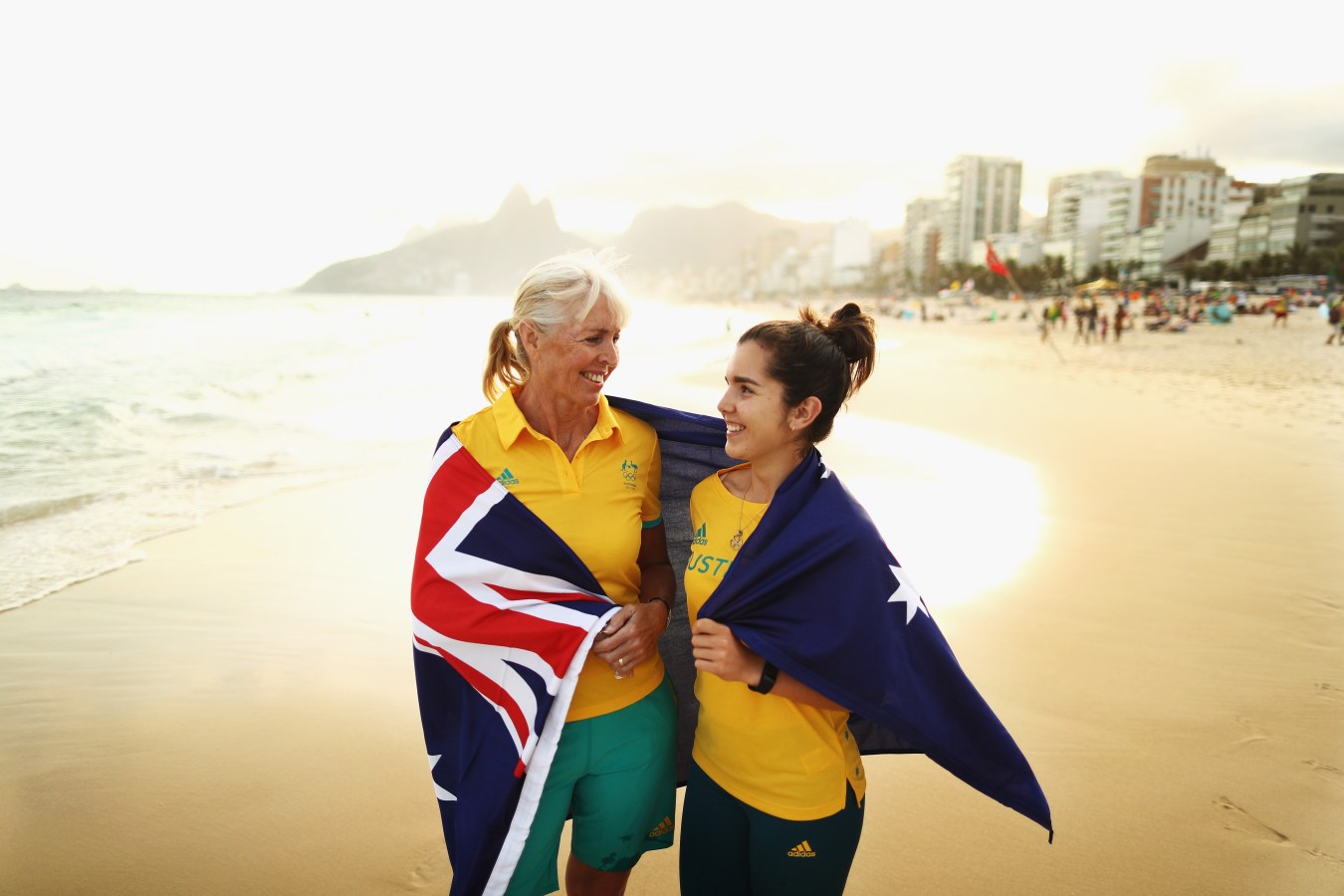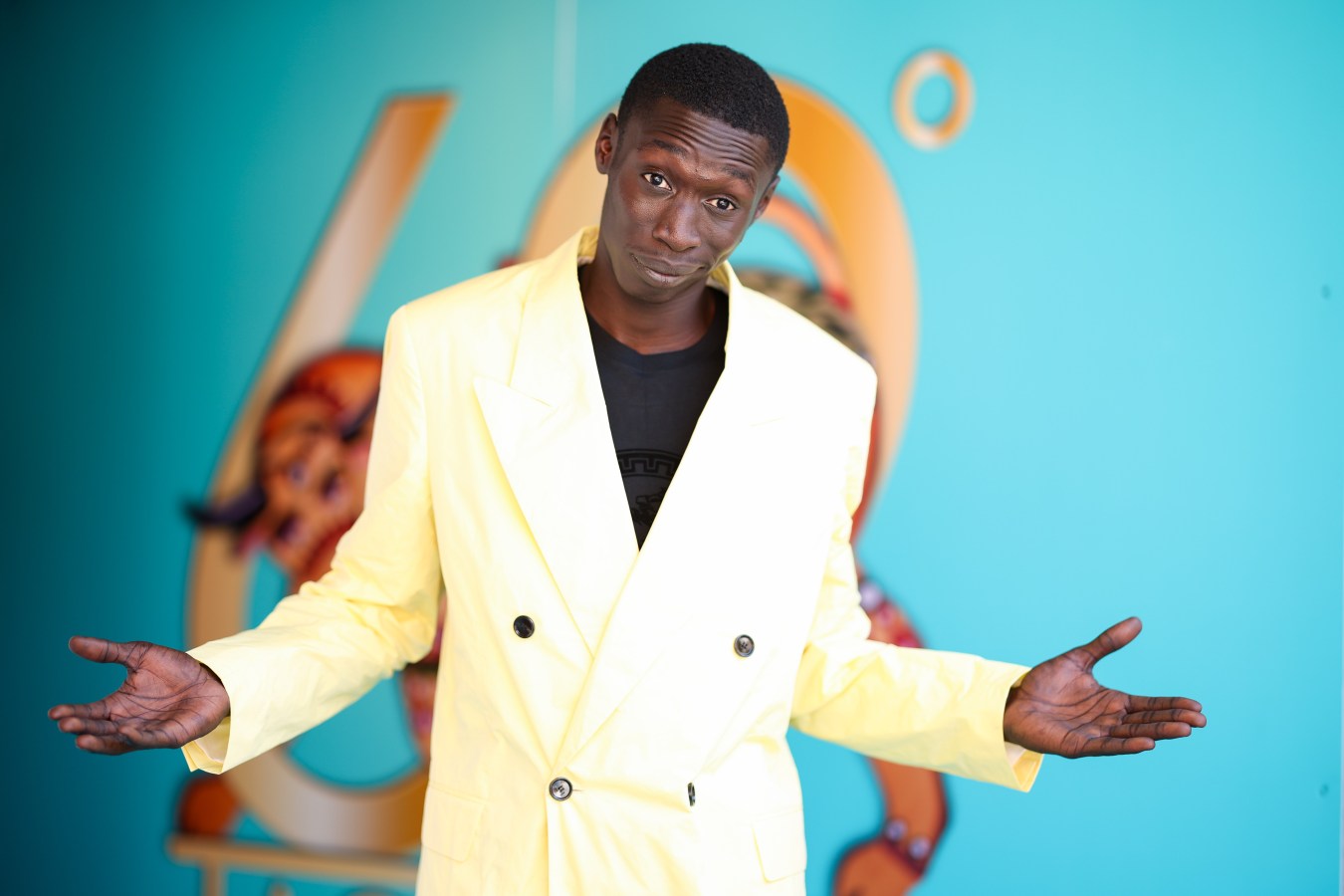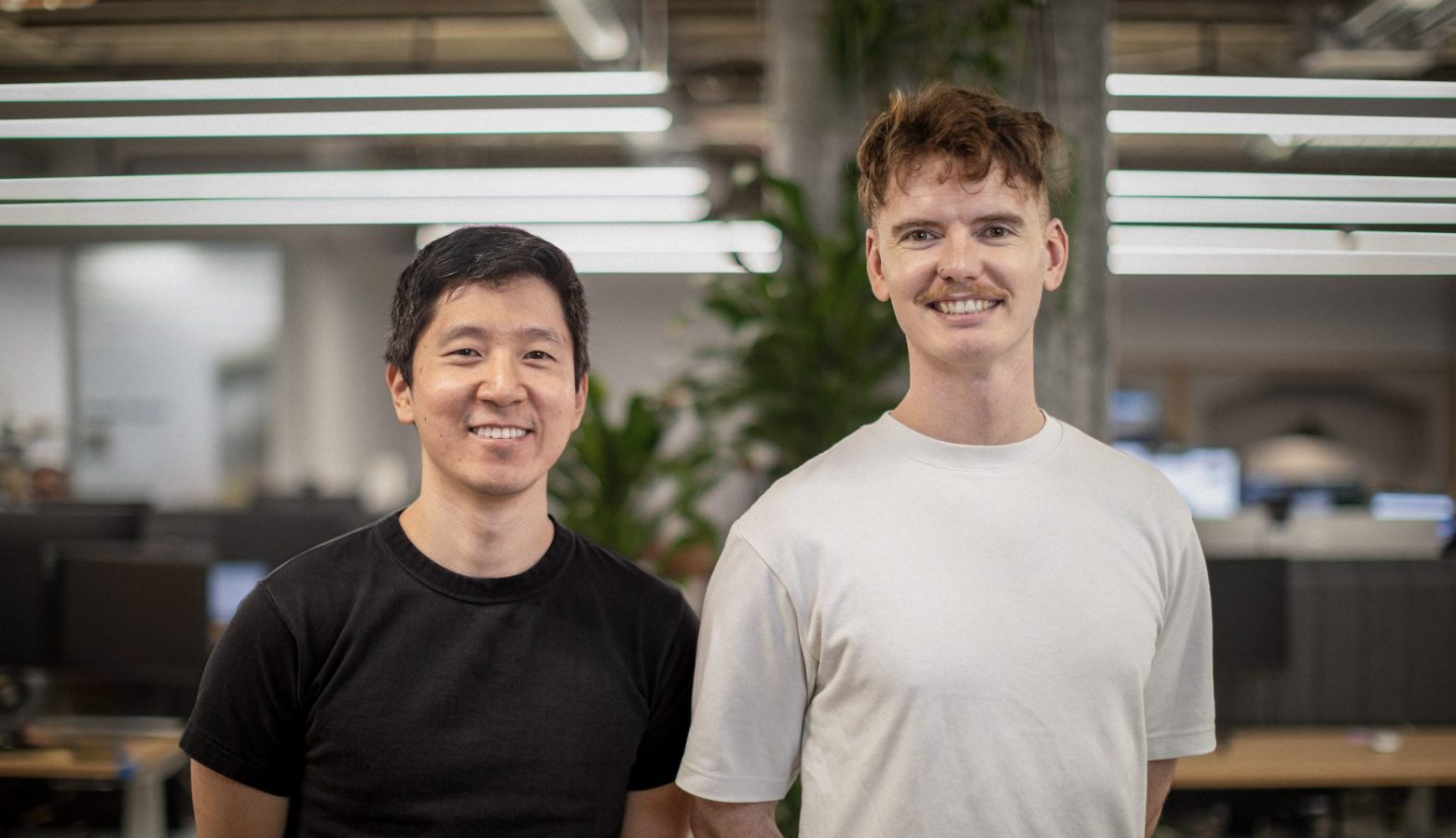The inventors, entrepreneurs and wealth-builders on the fifth annual 50 Over 50 list are using the wisdom and confidence earned from age to leave the world better than they found it.
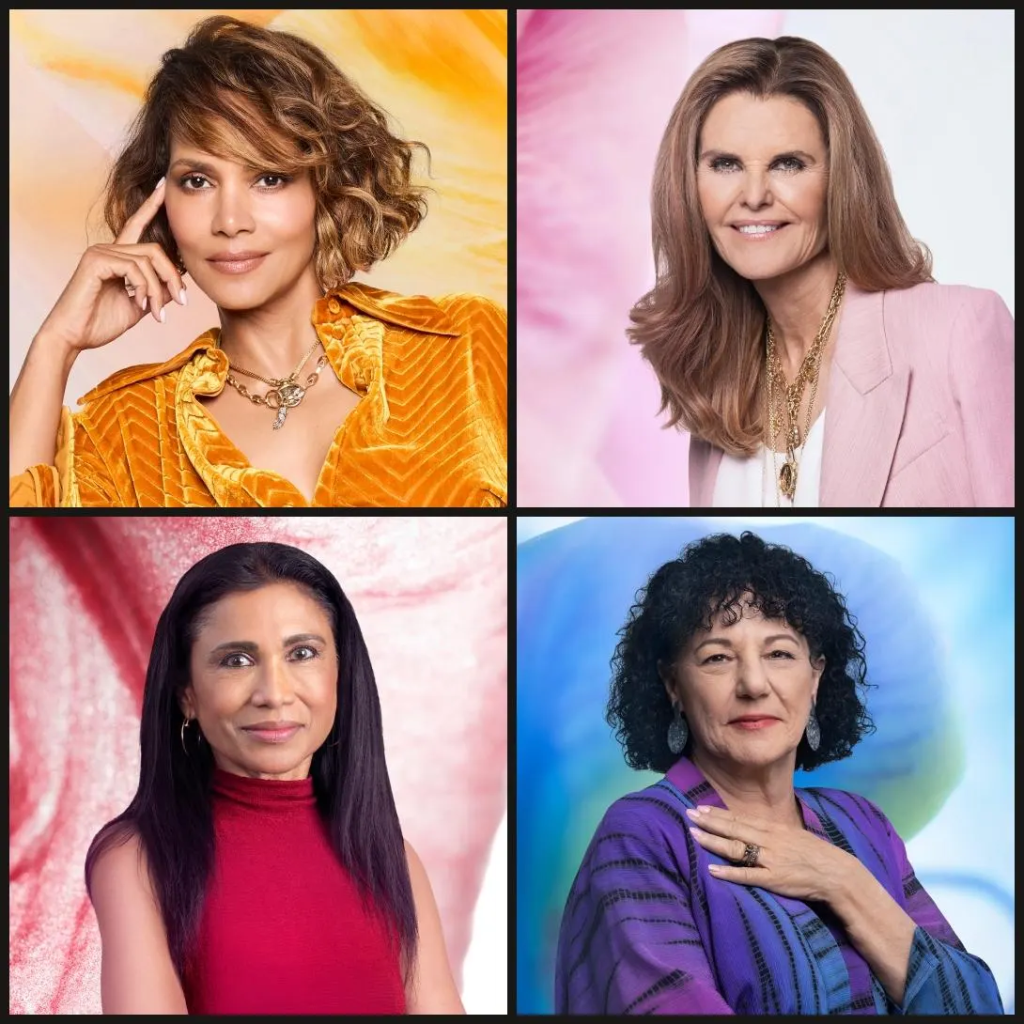
The women on the 2025 50 Over 50 list have heard the words “no,” “don’t,” and “you’ can’t” more times than they can count. Saira Malik was told she wasn’t cut out for a career in investing because she didn’t play golf. Halle Berry was warned against doing a movie called “Monster’s Ball,” and later advised not to discuss her personal health journey. Alice Wong was born with spinal muscular atrophy and told she wouldn’t reach adulthood.
Today, Malik is the chief investment officer for Nuveen, overseeing a business with over $1 trillion in assets under management. Berry’s role in “Monster’s Ball” earned her a Best Actress Academy Award—and speaking out about her health has opened up a second act as an entrepreneur. Wong not only survived childhood but, as an adult, founded the Disability Visibility Project, which in 2024 earned her a MacArthur “genius” grant.
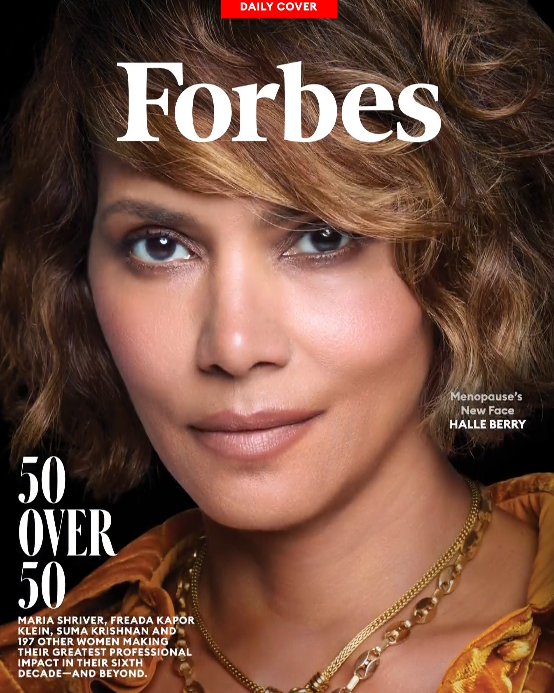
Malik, Berry and Wong are also three of the 200 new faces on the fifth annual Forbes 50 Over 50 list—a fresh collection of entrepreneurs, inventors, artists and wealth-builders whose work touches every corner of the U.S. Produced in partnership with MSNBC co-host Mika Brzezinski and her Know Your Value initiative and first launched in 2021, the 50 Over 50 continues to highlight women who are creating their greatest professional impact in their sixth, seventh and eighth decades (and beyond).
The list is divided into four broad categories—impact, innovation, investment and lifestyle. Within each are dozens of sub-sectors, including aerospace, biotech, cryptocurrency and even pet food and cosmetics. And while the founders and CEOs on the list might differ in their subject-matter expertise, they are united—more than ever before—in the call to address what Martin Luther King, Jr., first called “the fierce urgency of now.”
Consider the issue of climate change: Worsening natural disasters have cost the U.S. $140 billion a year for the last decade and caused thousands of fatalities in that time. Karen Clark, now 68, founded a catastrophic risk modeling company in 1987 that today maps some $100 trillion in total risk exposure across America’s buildings and homes. Meanwhile, 60-year-old Ada Monzón is Puerto Rico’s first female meteorologist and a lifeline to the island’s 3 million residents when Category 4 and 5 hurricanes begin to brew in the Caribbean.
Or the issue of home ownership and wealth inequality: The top 10% of U.S. households currently hold two-thirds of all household wealth, according to the St. Louis Fed. Thasunda Brown Duckett, 52 and the CEO of retirement savings juggernaut TIAA, watched her father miss out on three decades of a company match because he didn’t contribute to his 401(k). Brown Duckett is using her position of influence to increase retirement savings literacy and prevent this fate for others. Priscilla Almodovar, 58, is the first woman to lead the $4.3 trillion Fannie Mae and has become a leading voice on the national housing affordability crisis, made worse by stubbornly high interest rates.
Suma Krishnan, 60, is one of several biotech founders on the list who are developing breakthrough solutions for diseases that collectively affect millions of people around the globe. When Krishnan and her husband (her cofounder) took their company, Krystal Biotech, public in 2017, it was worth $50 million. Today, boosted by gene therapy patents that hold answers for a rare skin disease and cystic fibrosis, the company is worth more than $4 billion.
“I came here as an immigrant when I was 20 years old to go to grad school, pretty poor with nothing… I would never have imagined that I would have a drug approved with my own company, with my own IP, not in a million years,” Krishnan told Forbes. “But I am a fighter, and if I have a will, I’ll make it happen.”
Unearthing the stories of Krishnan, Almodovar, Monzón and their list counterparts is a five-month research and reporting process that begins in March by soliciting nominations from the general public. Those submissions—we’ve received thousands since this list first launched—are then analyzed and supplemented by reporting from beat journalists at Forbes and Know Your Value. It’s not enough to simply be one of the 65 million women in America who are over the age of 50; the teams look for individuals demonstrating impact at scale, fearless pivots and work that improves the lives of every person in the U.S., in one way or another.
Related Content
From this vetting emerges a smaller list of 500 contenders who undergo an extensive round of fact-checking and tire-kicking. Expert judges (list alumnae Alka Joshi, Kathy Ko Chin, Mally Roncal and seven others helped this year) are consulted. Debate ensues.
The final result? A collection of women whose hard-won wisdom, experience and courage has given them a fearlessness with which to attack their missions. They’re not blind to the systemic challenges that continue to impede their ability to gain funding from the private and public sectors. They know that market volatility and regulatory whiplash can throw wrenches into their well-laid plans. But they also trust their intellect, intuitions and ability to withstand any scenario.
“This work is bold, urgent, and absolutely not for the faint of heart,” says Chéri Smith, the 56-year-old founder and CEO of the Alliance for Tribal Clean Energy, which works to bring economic and environmental benefits to indigenous communities through generating solar power. But, she says, “Being over 50 has given me superpowers. It has sharpened my focus and deepened my resolve. I move with understanding and purpose, not fear.”
Or, as Halle Berry—who’s broken 10 bones while filming movies and is now entering the bruising world of entrepreneurship—puts it: “Fighting is in my blood. I’m not afraid of fighting. It doesn’t scare me one bit.”
This article was originally published on forbes.com.
Look back on the week that was with hand-picked articles from Australia and around the world. Sign up to the Forbes Australia newsletter here or become a member here.
